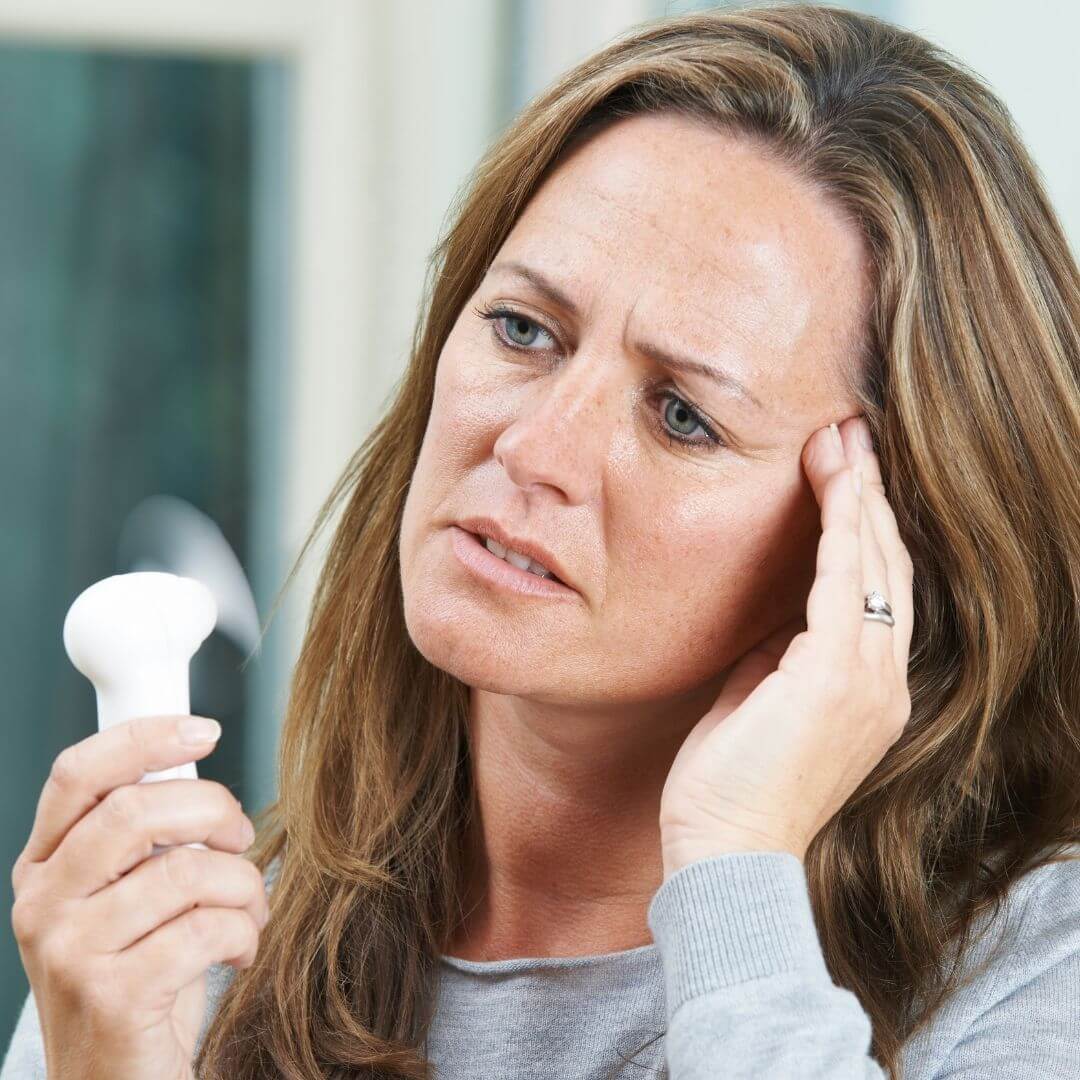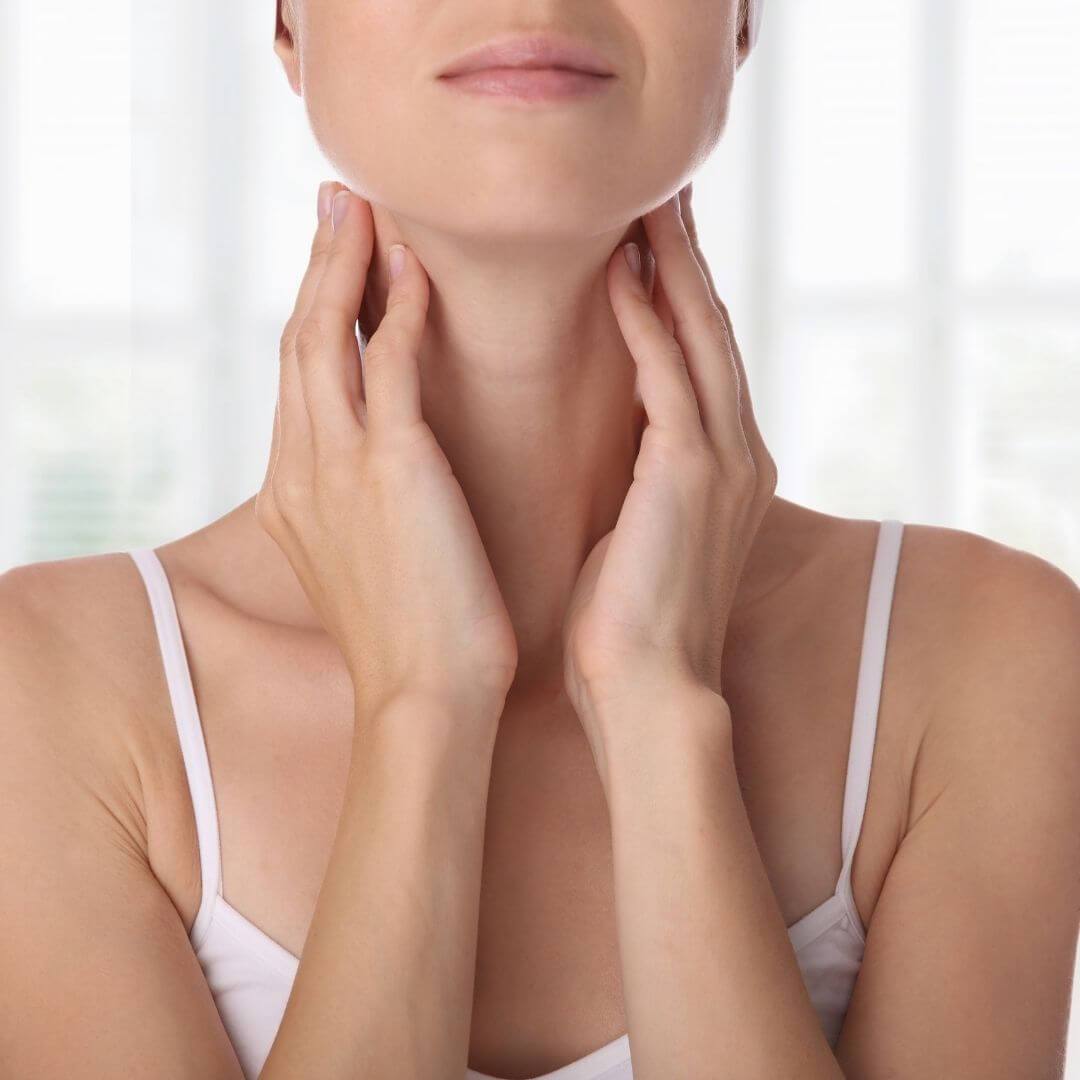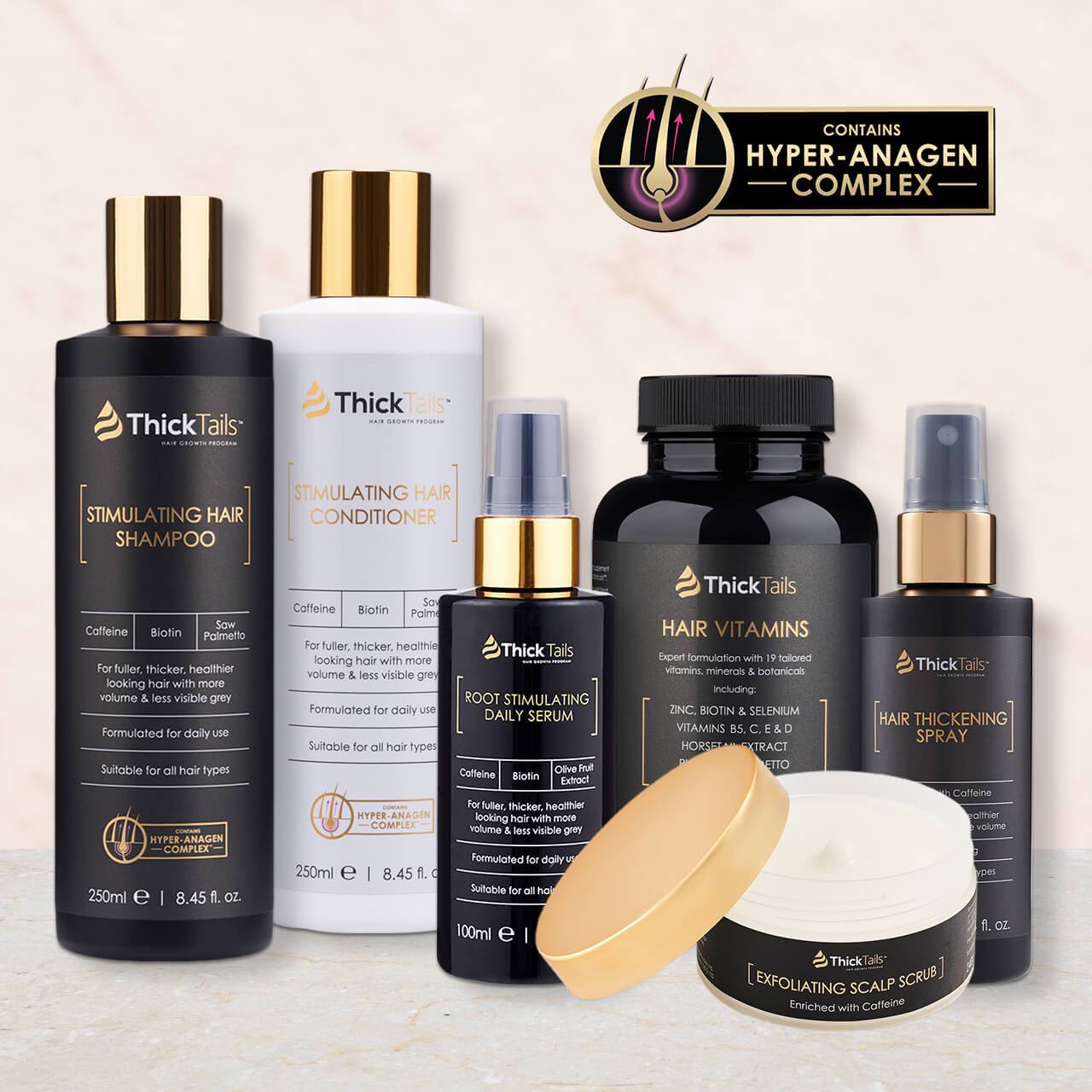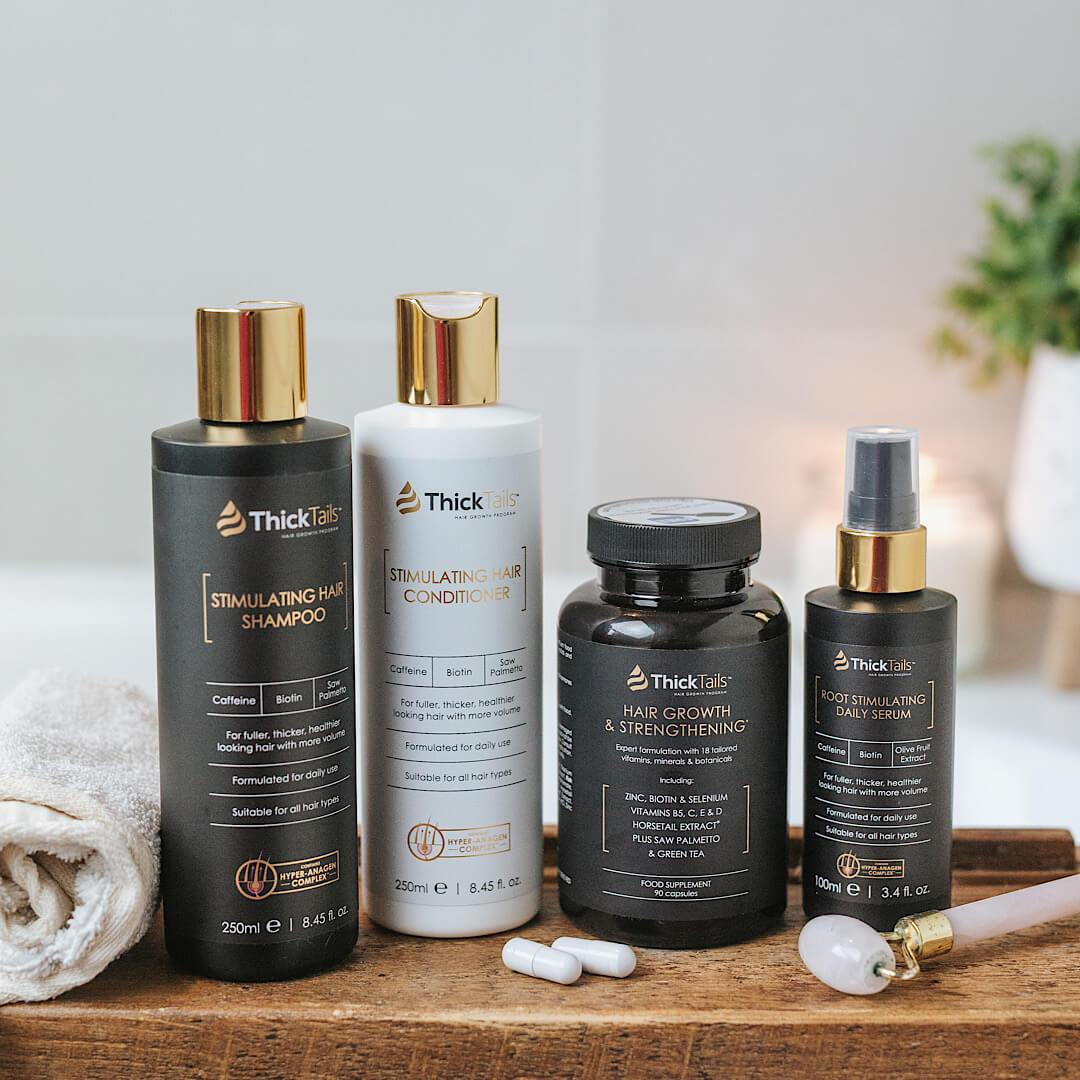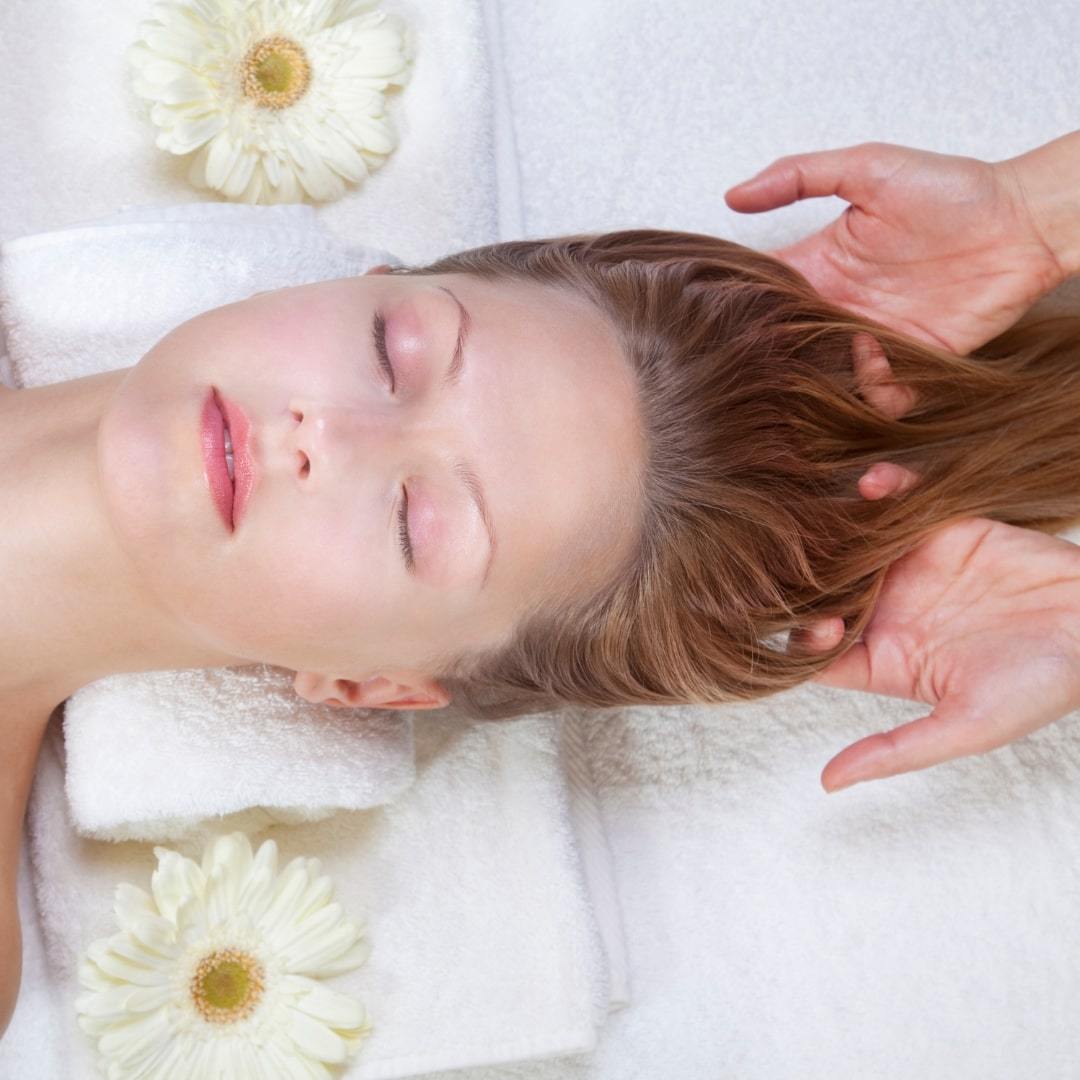As men age, it's normal to experience some amount of hair loss due to hormonal imbalance. But if you’re noticing sudden or noticeable thinning at an earlier age, it may be the result of increased levels of Dihydrotestosterone - a hormone linked to male pattern baldness. Fortunately, there are steps you can take to protect against this form of androgen-related hair loss and minimize what thins out. In this blog post, we'll cover tips for reducing your risk for hormonal hair loss as a man - from dietary changes and lifestyle adjustments to medical treatments options. Read on for more information on preventing and protecting against hormones related thinning!
I. Understanding Hormonal Hair Loss in Men

For men, dealing with hair loss can be a difficult and emotional experience. Hormonal hair loss, also known as androgenic alopecia, is one of the most common causes of hair loss in men. This type of hair loss is attributed to a hormone called dihydrotestosterone (DHT) which is produced in the body when testosterone is converted. Over time, DHT can shrink hair follicles, causing them to produce thinner and shorter hair until they no longer produce hair at all. While hormonal hair loss is a natural process that affects many men, it can still be distressing. By understanding the causes and potential treatments, men can take charge of their hair loss and find a solution that works for them.
a. Causes and Effects: Exploring Hormonal Factors Behind Hair Loss
Hair loss is a common condition that affects both men and women. While many factors can contribute to hair loss, hormonal imbalances are known to play a significant role. Androgenic alopecia, also known as male or female-pattern baldness, is the most common hormonal cause of hair loss. This condition is triggered by an excess of male hormones called androgens, which are present in both men and women. Androgens can shrink hair follicles, leading to thinner, weaker hair strands that eventually fall out. Other hormonal imbalances, such as those associated with thyroid disorders and polycystic ovary syndrome, can also contribute to hair loss. Understanding the hormonal factors that contribute to hair loss is critical for developing effective treatments that can help individuals regain their confidence and improve their overall quality of life.
b. Recognizing Symptoms: Identifying Signs of Hormonal Hair Loss
Hormonal hair loss is a condition that affects both men and women, but the signs can present differently. For men, hair loss often occurs in a distinct pattern, with a receding hairline and thinning on the crown of the head. Women, on the other hand, may experience overall thinning throughout the scalp, rather than distinct bald spots. One common indicator of hormonal hair loss in both men and women is an increase in hair shedding that does not seem to slow down. Other symptoms may include a decrease in hair density and changes in hair texture. If you are experiencing any of these symptoms, it is important to seek the advice of a healthcare professional who can help determine the underlying cause and provide appropriate treatment.
c. Prevention Strategies: The Science of Avoiding Hormonal Hair Loss
When it comes to preventing hormonal hair loss, it's important to understand the role that DHT plays. Dihydrotestosterone (DHT) is a hormone that can cause hair follicles to shrink, leading to thinner hair and eventually, hair loss. While it's not possible to completely eliminate DHT, there are a few strategies that can help minimize its impact on your hair. One effective method is to use hair products that contain DHT-blocking ingredients, such as saw palmetto or pumpkin seed oil. Additionally, incorporating a nutritious diet and regular exercise into your routine can help regulate hormone levels and promote healthy hair growth. By understanding how DHT affects your hair, you can take proactive steps to minimize its impact and help protect your locks from hormonal hair loss.
II. Protecting Your Hair: Expert Tips and Techniques
Protecting your hair is crucial to maintaining its health and appearance. Whether you have long, silky strands or short, curly locks, expert tips and techniques can help keep your hair in its best condition. One common way to protect your hair is by using a heat protectant before using hot styling tools. Another helpful tip is to avoid using hair elastics with metal clasps, as they can snag and damage your hair. Additionally, many experts recommend keeping your hair moisturized with regular deep conditioning treatments and using a silk or satin pillowcase to prevent breakage. By implementing these tips and techniques, you can keep your hair looking and feeling its best for years to come.
a. Scalp Health: Nourishing Your Scalp for Hair Protection
Scalp health is an essential aspect when it comes to hair growth and protection. The first step in ensuring a healthy scalp is through the use of proper products such as shampoo and conditioner. It is important to choose products that contain natural ingredients and are free of harsh chemicals that can strip the hair and scalp of its natural oils. In addition to shampoo and conditioner, using a serum can help nourish and protect the scalp. This product contains antioxidants, vitamins, and other beneficial ingredients that can promote healthy hair growth, prevent breakage and damage, and soothe irritated scalps. Taking care of your scalp not only benefits your hair, but it also contributes to overall health and well-being.
b. Natural Remedies: Harnessing Natural Solutions for Hair Protection
In our search for the perfect hair care routine, we often overlook the power of natural remedies. Fortunately, we don't need to look any further than our own kitchen pantry or herb garden. Using natural ingredients in our shampoo and conditioner can help protect our hair from damage caused by heat styling, environmental factors, and chemical treatments. Additionally, applying a natural serum to our hair can help nourish and strengthen strands from root to tip. As we become more aware of the benefits of natural remedies, we can take a step towards healthier and happier hair.
c. Lifestyle Habits: Incorporating Healthy Habits for Hair Protection
Your hair is a reflection of your overall health, and developing healthy habits is crucial for keeping it strong and beautiful. One way to protect your hair is to incorporate healthy habits into your lifestyle. This means eating a balanced diet rich in vitamins and minerals that promote hair growth and avoiding harsh styling products and techniques that can damage your hair. Additionally, regular exercise can improve blood flow and provide essential nutrients to your hair follicles. Taking care of your hair is a long-term commitment, but adopting good habits now can help prevent common problems like hair loss, thinning, and breakage. By incorporating healthy habits into your daily routine, you can enjoy strong, vibrant hair all year round.
III. Effective Treatments for Hormonal Hair Loss

Hormonal hair loss, also known as androgenic alopecia, affects both men and women and can lead to thinning hair and eventual baldness. The primary culprit behind this condition is dihydrotestosterone (DHT), a hormone that can cause hair follicles to shrink and produce finer and shorter hair. However, there are effective treatments available that can help stop hair loss and even promote hair regrowth. These treatments target DHT by either reducing its production or blocking its effects on the hair follicles. The most popular treatments include topical minoxidil, oral finasteride, and hair transplant surgery. It's important to note that these treatments work best when started early and may require ongoing use to maintain results. With these options, individuals experiencing hormonal hair loss have hope for reversing this frustrating condition.
a. Available Solutions: Understanding Treatment Options for Hair Loss
Losing your hair can be a difficult experience to navigate, but it's important to know that you're not alone. Many people experience hair loss, and there are treatment options available to restore or maintain hair growth. Understanding your options is the first step to making an informed decision about what's right for you. From topical treatments to oral medications, there are a variety of solutions to address hair loss at the root of the problem. Consulting with a medical professional can help you determine which solution is most appropriate for your specific needs and goals. With the right treatment plan, you can feel confident and reassured as you begin to see positive results.
b. Dietary Support: Nourishing Your Hair from Within for Better Growth
Did you know that nourishing your hair from within can lead to better growth? It's true! Eating a healthy and balanced diet is essential for the health of both your hair and body. But sometimes, our diets may not provide all the essential nutrients and vitamins necessary for optimal hair growth. That's where hair supplements come in. Hair supplements are designed to provide the nutrients needed to support healthy hair growth, including biotin, vitamin D, and iron. By incorporating hair supplements into your daily routine, you can provide your hair with the necessary nutrients to flourish and thrive. So why not invest in your hair health today with dietary support and watch it grow to its full potential?
c. Long-Term Maintenance: Strategies for Sustaining Hair Health
Maintaining healthy hair is crucial to achieving a polished look, but the process is not always easy. Fortunately, with the right strategies and products, you can sustain your hair health in the long term. One of the best ways to do this is by using serums, which offer a variety of benefits depending on your hair type and specific needs. When it comes to shampoo and conditioner, choosing the right formulations is key. Look for products that prioritize hydration and nourishment, and be sure to avoid harsh chemicals that can strip your hair of its natural oils. With these tips in mind, you'll be well on your way to enjoying healthy, beautiful hair for years to come.
In conclusion, the journey to protecting your hair from hormonal hair loss is greatly impacted by knowledge and guidance. The more informed you are about causes, symptoms, prevention techniques, and treatments, the better equipped you will be to fight back against any hormonal implications. There are a variety of solutions available for addressing the various causes of hair loss—it just takes time and effort to find the right one for your situation. And most importantly, it ensures that your scalp and hair receive regular nourishment through healthier lifestyle habits and dietary support. With greater understanding comes greater hope of preventing and successfully treating hair loss! So don't hesitate to take control of your haircare regimen today.

